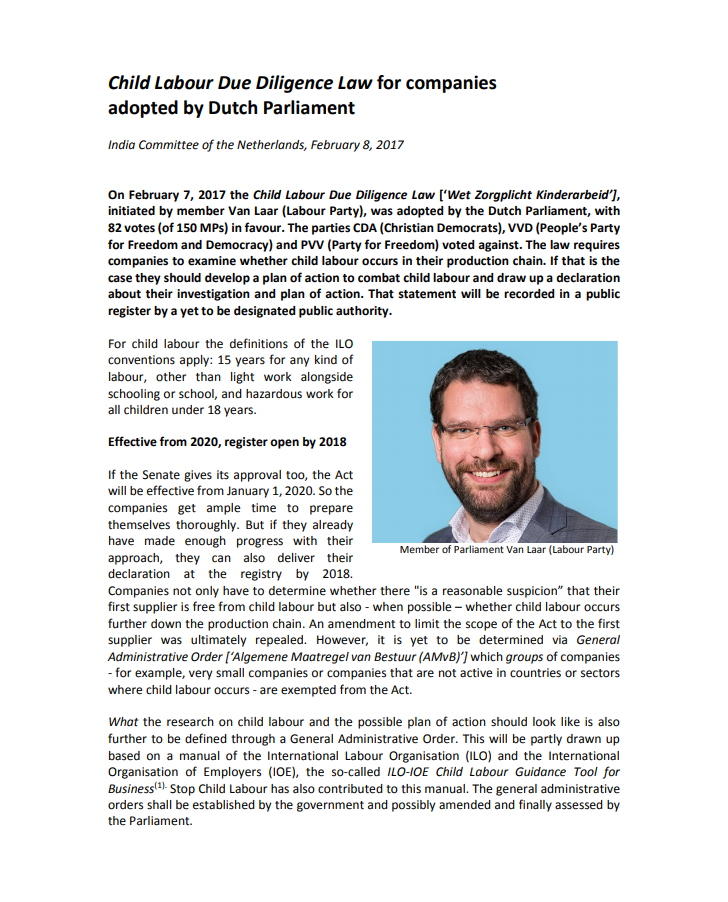MODEL LEGISLATIVE PROVISIONS AGAINST TRAFFICKING IN PERSONS
LegislationIn 2009, the United Nations Office on Drugs and Crime (UNODC) published the Model Law against Trafficking in Persons in response to the request of the General Assembly to promote and support the ratification of the Protocol to Prevent, Suppress and ...Read More

